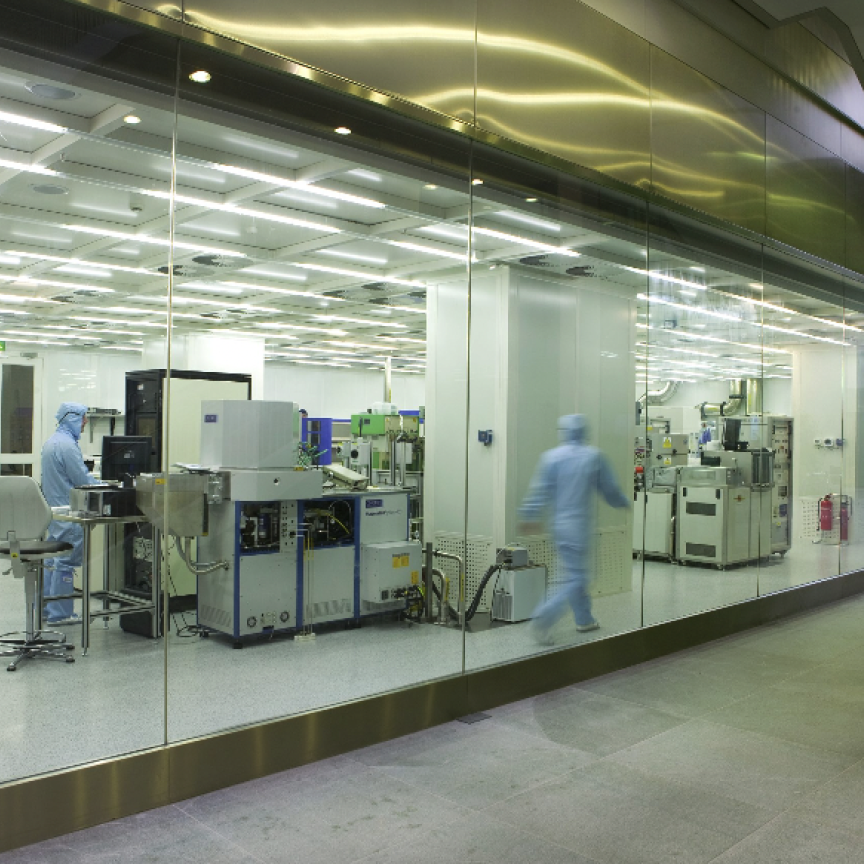The German Federal Ministry for the Environment, Nature Conservation and Nuclear Safety (BMU) is supporting a project at Lasercenter at the University of Applied Sciences in Munich (LUM) for increasing the production process efficiency for solar modules. In cooperation with Avancis, the project will use picosecond lasers to make the manufacture of solar modules more cost-effective by improving process repeatability.
With a grant amount of €870,000 for the scientists at LUM, this is the biggest public-sponsored individual project at the University of Applied Sciences in Munich. The project will work with CIS thin film solar cells made from copper, indium and selenium. These have a very low material consumption and can be produced effectively in an in-line process.
The aim of the project is to improve the process speed for an industrial application through using picosecond lasers and to implement a picosecond laser process suitable for industrial use in production. Additionally the precision of picosecond lasers opens up the possibility to increase the solar efficiency of the CIS-cell by optimising the material composition, because picosecond structuring is less sensitive to a change of materials. Before now, the industrial structuring of the thin film layers with nanosecond lasers or mechanical scribing tools has damaged the individual layers. However, with picosecond lasers the duration of the light pulse is short enough to structure selectively an upper film without damaging the layers below by heat diffusion.

